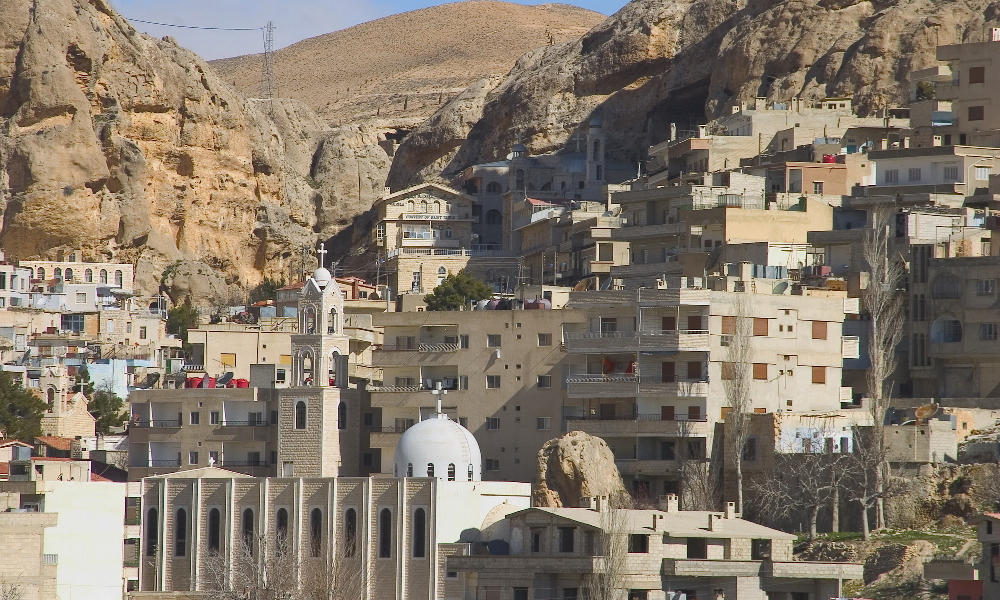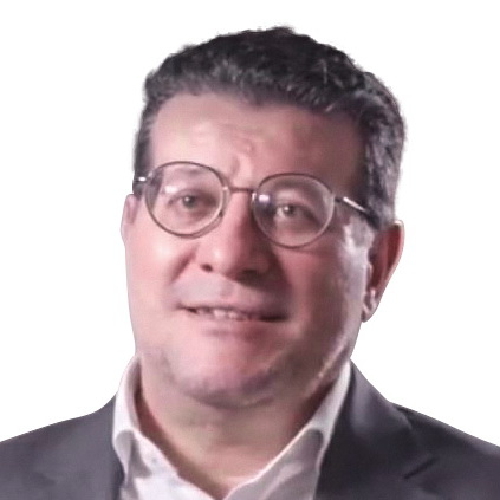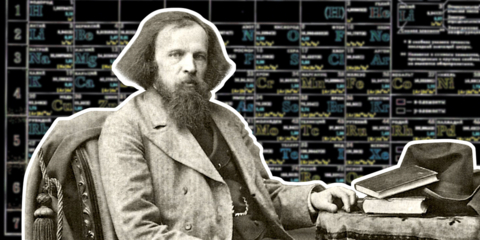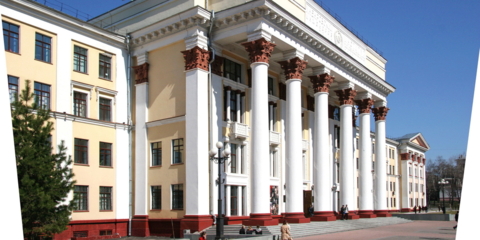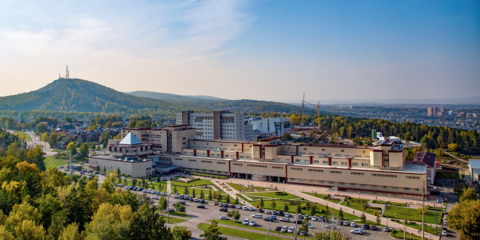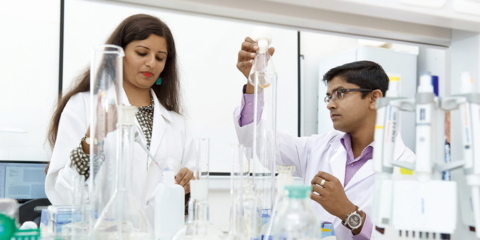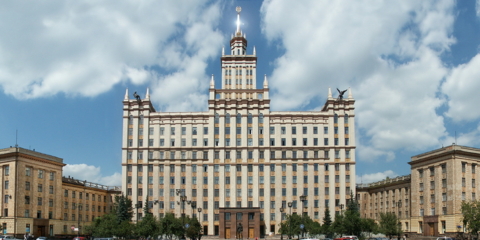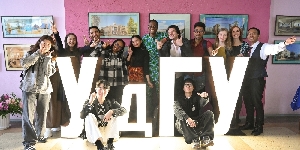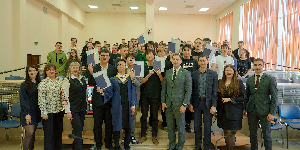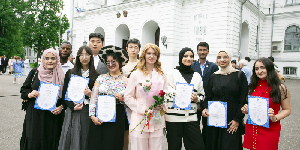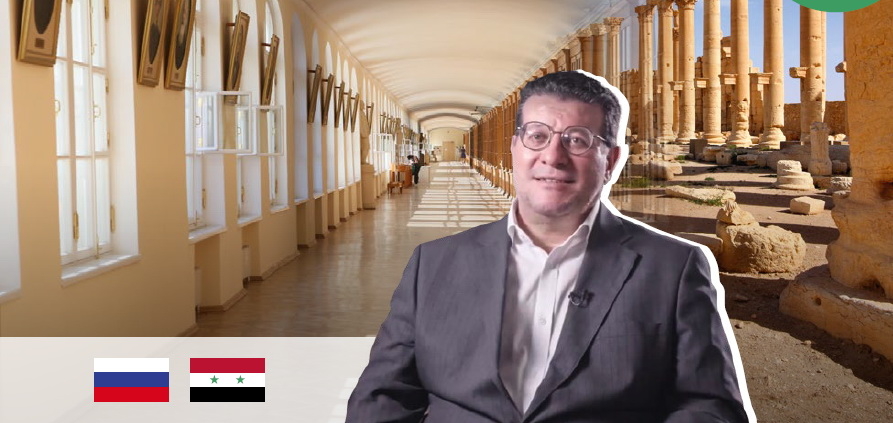
The Global Alumni Alliance conducts a series of fascinating video interviews with the Soviet and Russian universities' alumni who have gained considerable success in Russia or their home country. Public authorities, ambassadors, political or public figures, and teachers share experience, give advice, talk about careers in various fields. All this is particularly interesting to young people just starting their student life and career in Russia.
Russian education offers ample opportunities for further professional development both in our country and abroad. Leaving alma mater, some foreign citizens decide to devote their life to Russia, and others return to their home country as excellent professionals.
The Alumni Russia media project is implemented by the Global Alumni Alliance supported by the Presidential Grants Foundation, the Ministry of Foreign Affairs, the Ministry of Science and Higher Education of Russia, federal agencies Rossotrudnichestvo and Rosmolodezh.
Yaser Akel calls himself a Russian without a moment's hesitation, although his father is from Syria and his mother is from Dagestan. Yaser has spent most of his life in Russia. His youth, education, first love, growing-up, and wisdom – he associates all of that with our country. He even named his younger son Yaroslav. Yaser says that he pays tribute to the people and society that has been taking care of him for 38 years already.
Akel Yaser Hishamovich, Syria. Graduate of the Leningrad Sanitary and Hygiene Medical Institute (1990). Doctor, Arabic Language teacher at the Faculty of Oriental Studies of Saint Petersburg State University, translator.
Love your subject, love your future profession. Imagine it well so that you can know where to go, why do all this. You don’t need to become what you imagined yourself to be. Speaking from experience, I can say that our ways can disagree with our dreams. But your imagination must be a beacon showing the way.
Since Yaser was a child, he had known for sure where he would go to study – his parents became role models for him. The more so as in childhood he had already visited the country that was a mystery to him then.
– I never had any doubt that, after finishing school, I would leave Syria and come to Russia to study. I lived and breathed this idea. I had time to reread all essential Golden Age classics in Arabic because I didn't know Russian then.
I gained a first-hand impression of the country. I had already been to the USSR, visiting my mother's relatives in Makhachkala, and a few times in Moscow. But these were impressions of a small child who visited his grandmother in summer. The Soviet Union, where I came to study, became quite a different world for me. Student life, living in the dormitory, and my inner circle – all of this was exciting for me.
The steed, the night, and the desert all know me,
As do the sword, the spear, the paper, and the pen.
Al-Mutanabbi (915-965), medieval Arabic poet
From medicine to humanities
Yaser speaks warmly about his student years, even about hardships. And joyful student years were followed by an equally exciting life because it took him some time to pursue the career that brought him success and fame.
– I earned a medical degree, then completed internship and residency programs, became a medical specialist, and worked for a short while. While pursuing medicine for this short period, I had an unusual feeling every time a baby was born. Indeed, this moment is exciting and solemn in itself.
After graduation, in the 1990s, I moved to Moscow and embarked on an entrepreneurial journey. However, after three years, I returned to Saint Petersburg, immersed myself in public activities, and made a decision that surprised many of my friends.
Eastern roots and love of history took over – I devoted myself to oriental studies and entered a PhD program. It happened that I, being a medical degree holder, managed to enter the Faculty of Humanities. Many of my acquaintances shrugged their shoulders and showed surprise at my decision to choose a different field. But the most basic medical knowledge and my career as a translator came in handy to me. All combined resulted in high-level research.
What makes a good teacher?
Teaching for Yaser is solace and hard work at the same time. He strives to pass on his experience to students and be true to his principles.
– I would put subject knowledge first. And this knowledge must be sound. If teachers themselves are out of their depth in their subject, they won’t teach well. You must be highly proficient in what you teach.
If you don't know something, it's no big deal. Admit it. Let's say students asked you a tricky question you find difficult to answer. You shouldn't make up anything. Say honestly, "I'm afraid I can't answer now. I'll read the relevant literature, study the issue, and answer you next time we meet."
I would put the love of what you do second. You should love pedagogy, knowledge transfer process. If you have no essential emotions, nothing is going to work out.
And the third thing is respect for students, respect for those who you work with, and communicate your knowledge to. It's hard to come into contact without it. A young person has come for knowledge as you did once. Respect their desire to gain knowledge. And only then will you become a good teacher, as I see it.
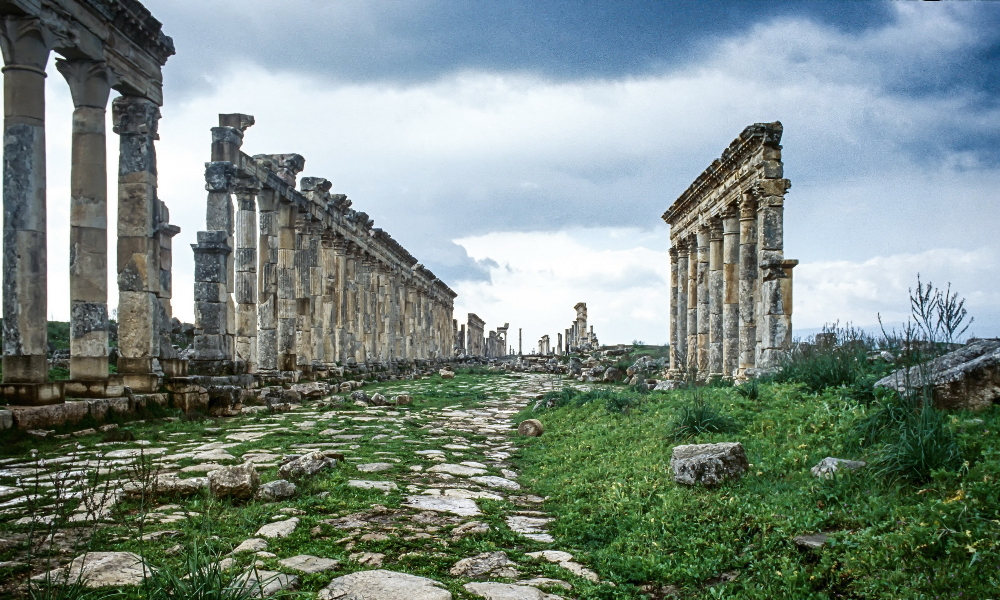
pixabay.com
Apamea city ruins, Syria
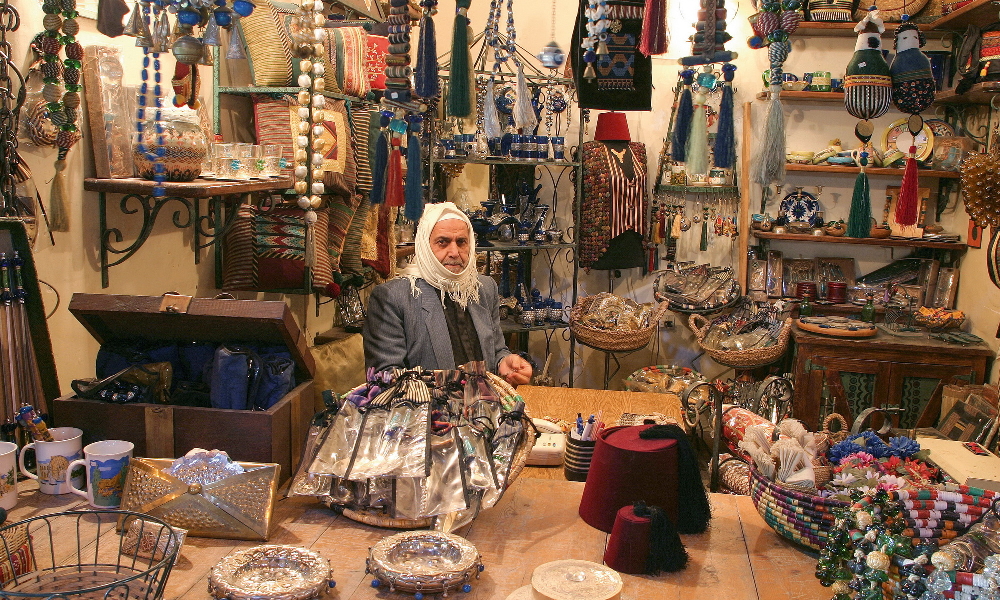
pixabay.com
Bazaar, Aleppo, Syria
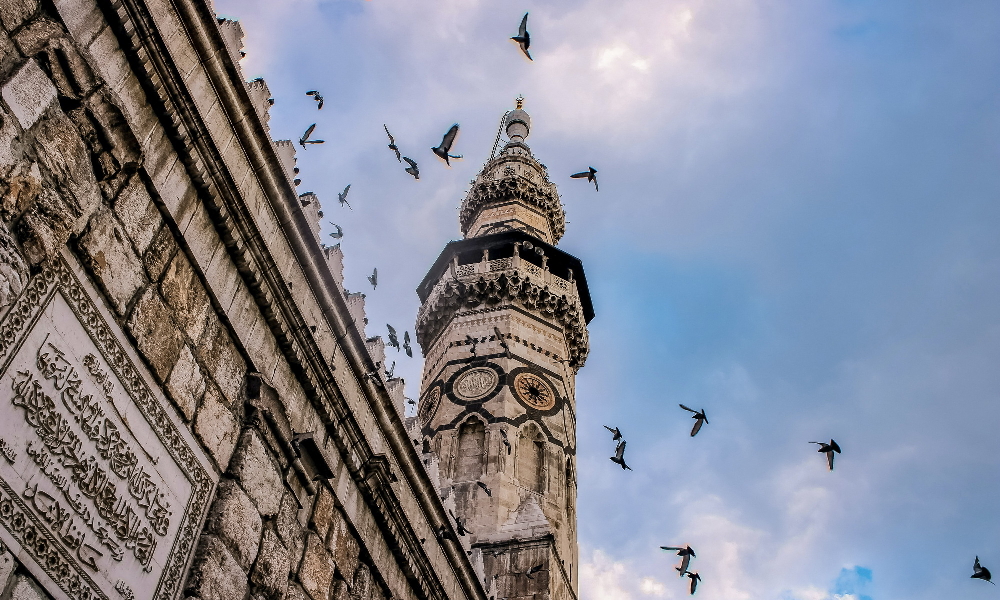
unsplash.com
Umayyad Mosque, Damascus, Syria
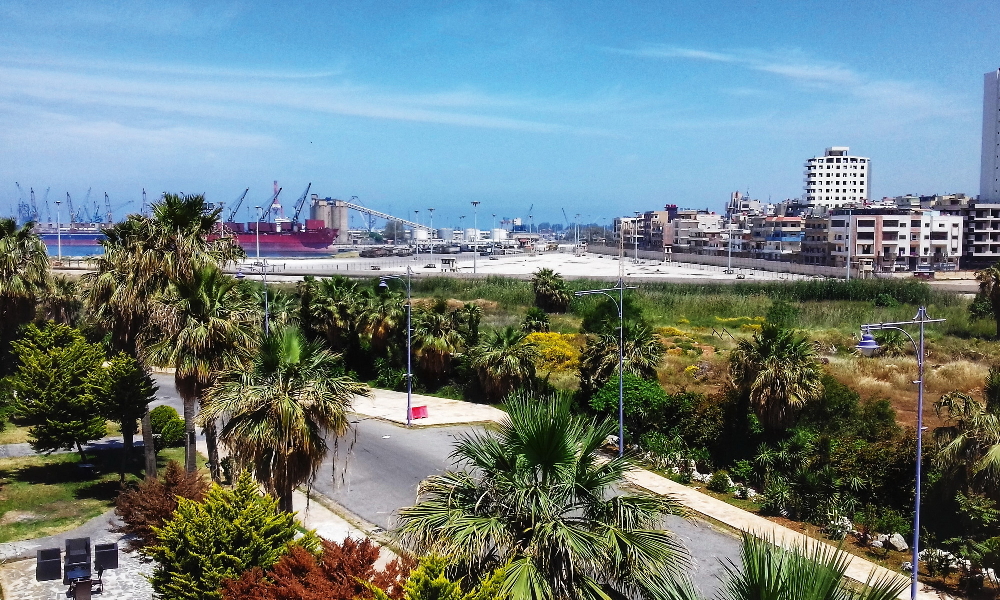
unsplash.com
Tartus, Syria
PreviousNextTranslation profession aspects
– The translation profession is not about technical work. We don't just translate someone's words. In most cases, we shouldn't do a word-for-word translation. Practically, you can come across phrases or concepts you don't know or can't translate for ethical reasons.
An exception is legal documents, for example, notarial acts, intergovernmental agreements. Here you will be required to be accurate. While translating everything else, including fiction and social and political essays, you are unpacking what the author is saying. Use expressions and language tools typical of the language you translate into.
Bear in mind that you are not just a translator of words. You are a link between different cultures. And you must know not only the language but also, first of all, the mentality and unique characteristics of different peoples you work with. The level of understanding between them will depend on the quality of your translation.
Hospitable Russia
I recommend that you come to Russia. Citizens of Arab countries feel most comfortable here. Despite the geodistance, these countries have much in common. Russians are mentally closer to citizens of Middle East countries than, for example, Germans or Swedes or representatives of the West European culture.
Russia is a great country. I love it very much and always worry over the challenges it faces. I run them through myself and my heart. That's my country, my life.
Yaser Akel is a real example of a person showing that you shouldn't be afraid of changes. Ways and dreams can sometimes disagree. The point is that you shouldn't lose yourself and should believe in what you do.
The full version of the interview is available at www.alumnirussia.org
28.10.2021

